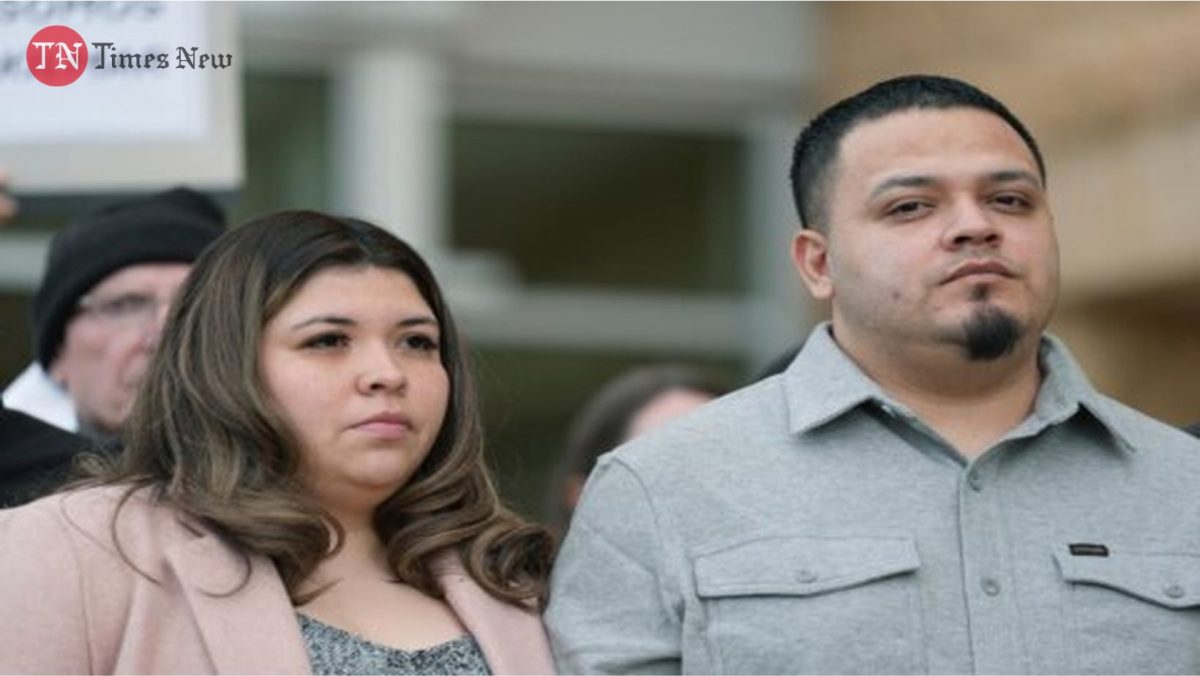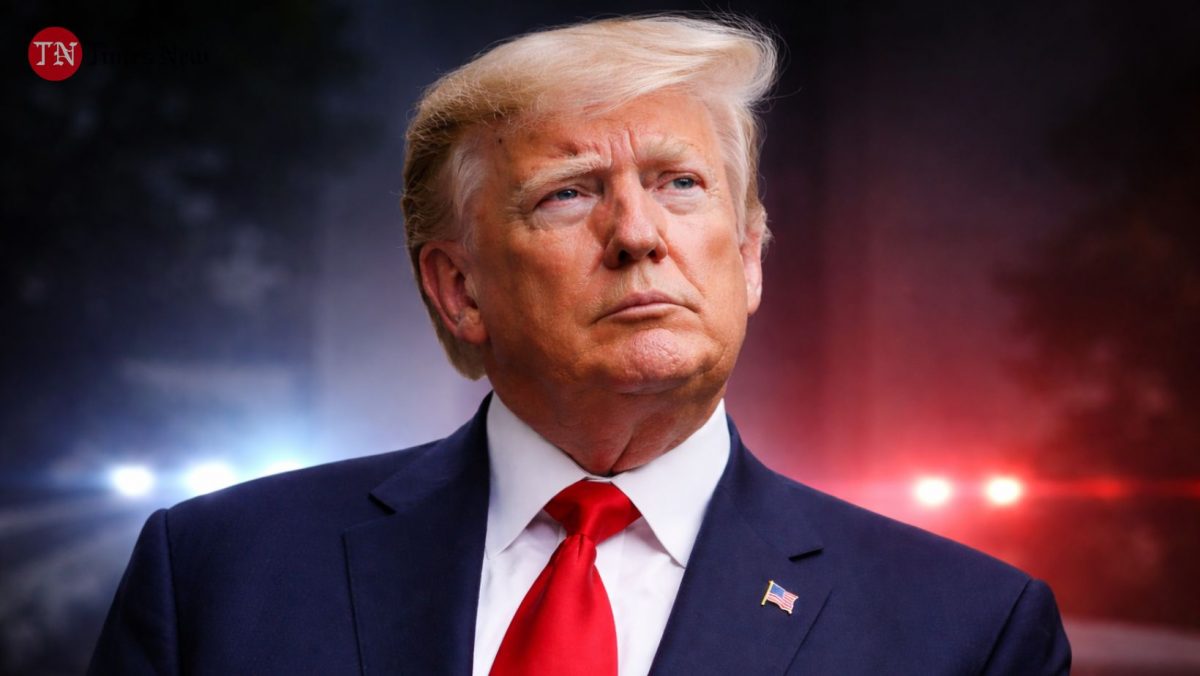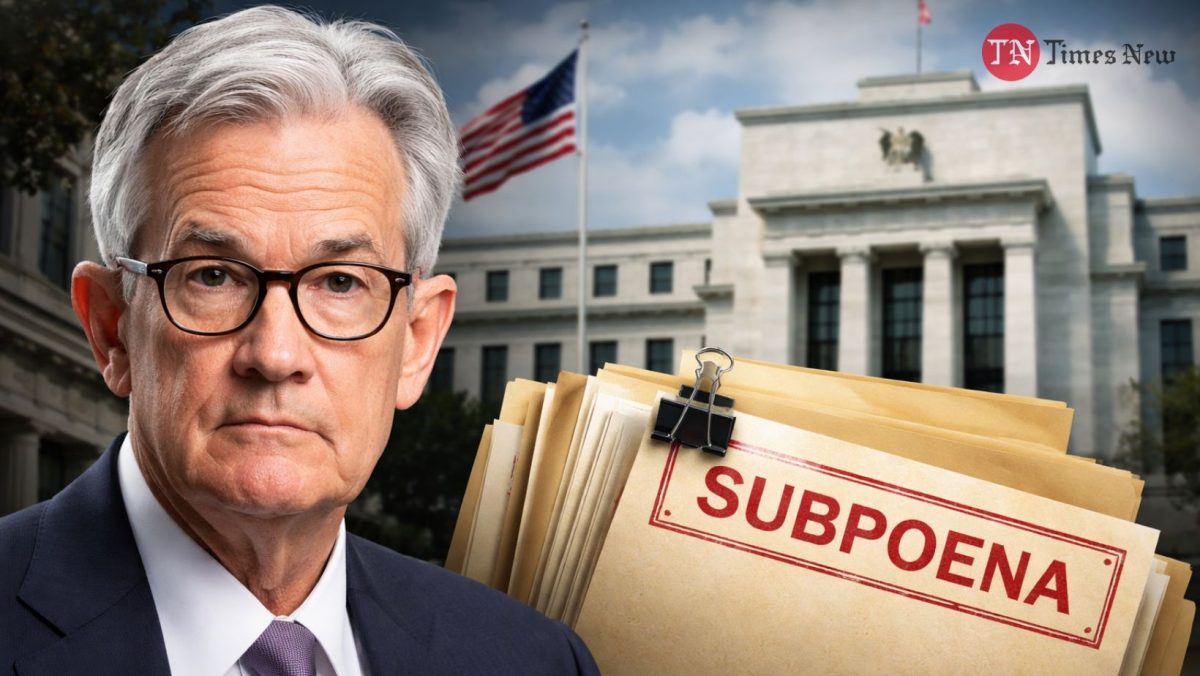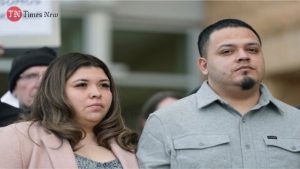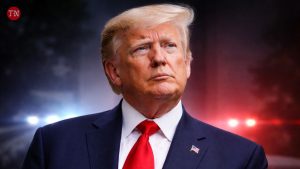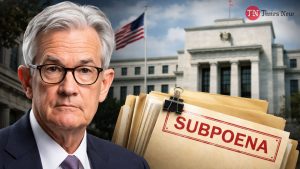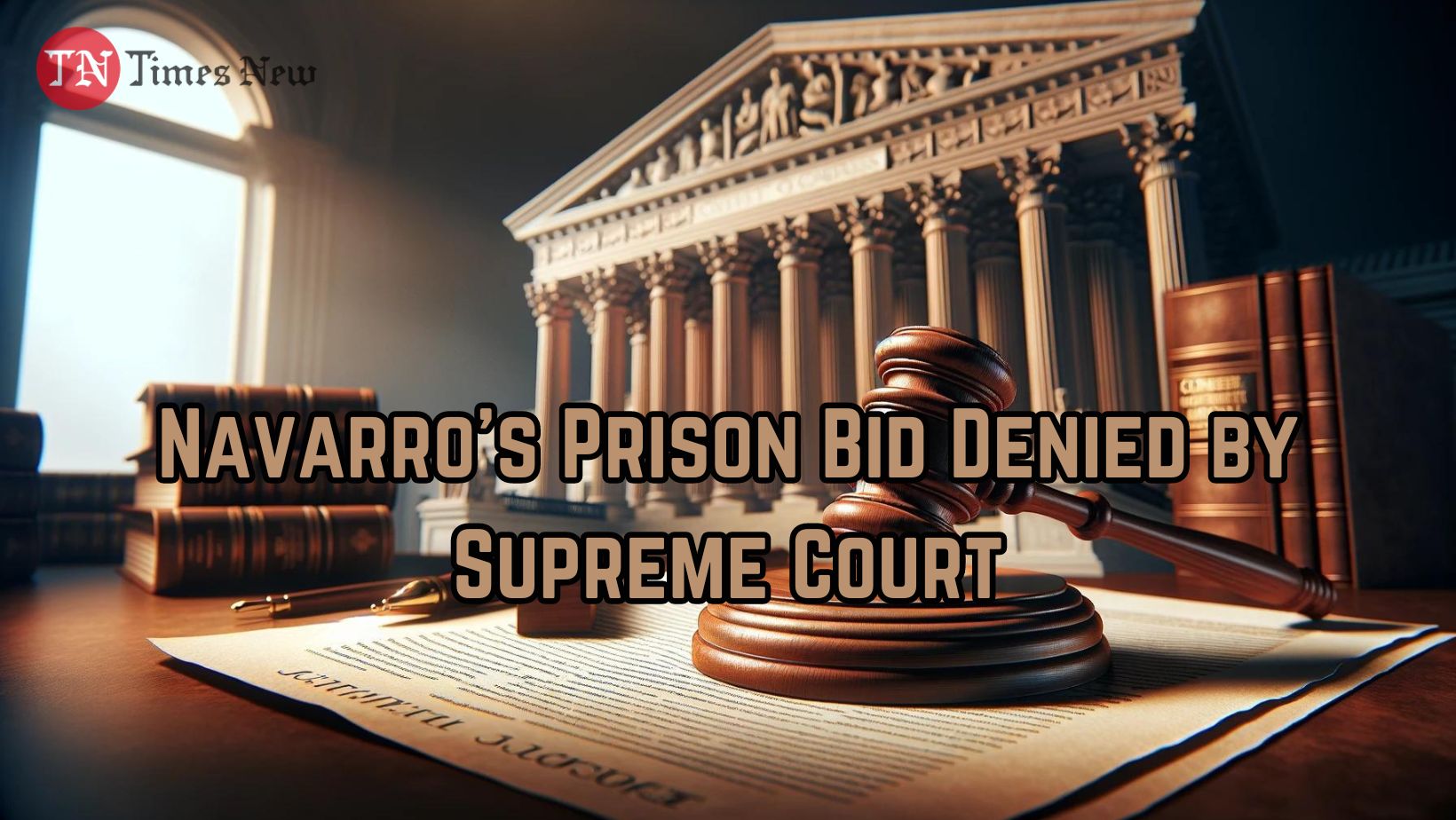
In a recent development, Supreme Court Chief Justice John Roberts has declined former Trump White House trade adviser Peter Navarro’s request for emergency relief to stay out of prison as he appeals his conviction for contempt of Congress. This decision clears the path for Navarro to start serving his four-month sentence in a federal prison in Miami, following his refusal to comply with a subpoena issued by the House select committee investigating the Jan. 6, 2021, Capitol attack. Navarro, charged for not providing documents and testimony regarding his actions after the 2020 election, argued that he was protected by executive privilege—a claim dismissed by the overseeing judge due to lack of evidence that such privilege was invoked.
A three-judge panel on the D.C. Circuit Court of Appeals previously rejected Navarro’s bid to delay his sentence, citing the unlikelihood of securing a new trial or reversing his conviction. His legal team argued that Navarro’s case raises unprecedented questions about executive privilege and the separation of powers doctrine, asserting that his prosecution violated these principles. However, the Justice Department countered that Navarro did not meet the standards for release, and Roberts, acting in his capacity overseeing emergency requests from the District of Columbia Circuit, found no basis to challenge this assessment.
Navarro’s case has sparked debate over the boundaries of executive privilege and the separation of powers. While his legal team emphasizes the significance of his appeal for the constitutional doctrine, the Justice Department and the courts have highlighted the deliberate nature of his non-compliance and the absence of a legitimate executive privilege claim. As Navarro prepares to report to prison, the implications of his case continue to unfold, marking a significant moment in the legal repercussions from the Jan. 6 Committee’s investigations.
Pic Courtesy: google/ images are subject to copyright



